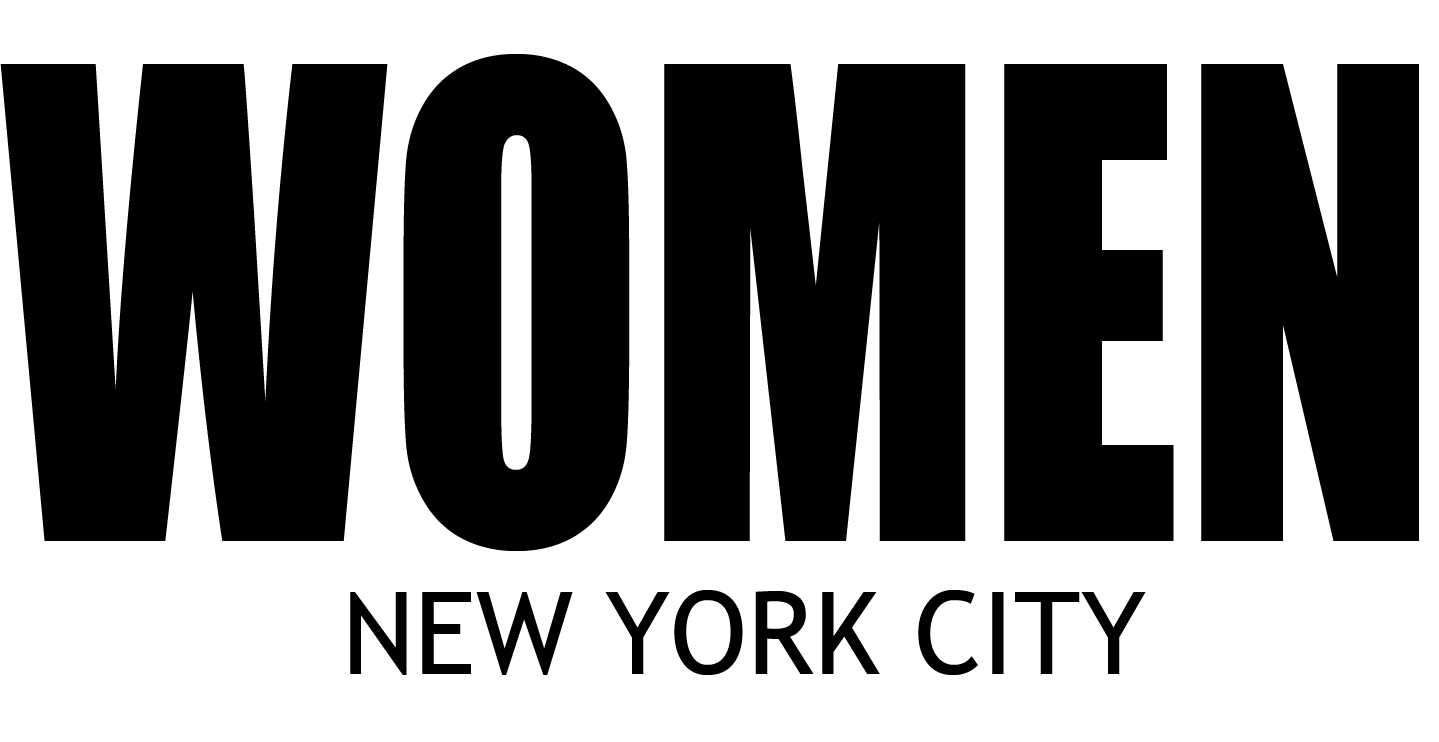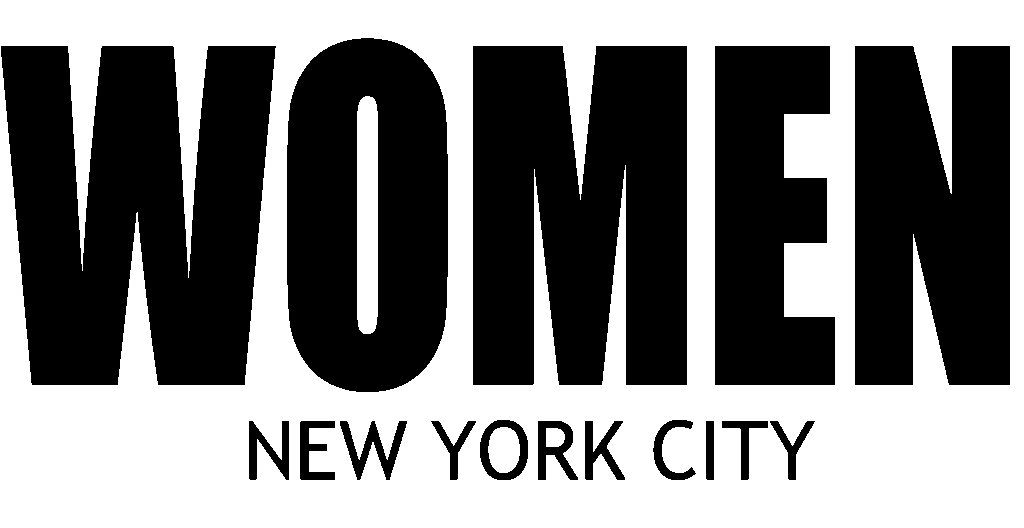For years, influence was measured by numbers — followers, views, clicks. But in 2025, a quiet transformation is reshaping how we define leadership and impact.
Welcome to the era of ethical influence, where authenticity, responsibility, and empathy have become the new symbols of power.
The digital revolution gave everyone a microphone. But what we say — and how we use it — now matters more than ever. The audience has grown wiser, more conscious, and infinitely less forgiving. In this new landscape, credibility is the new currency, and integrity the ultimate flex.
The Collapse of the “Perfect” Persona
We are living through the downfall of digital perfection.
Influencers who once curated flawless feeds and filtered realities are now losing ground to those who choose transparency over polish. Audiences crave real voices — not avatars of aspiration but mirrors of experience.
This shift isn’t just aesthetic; it’s ethical. The rise of misinformation, climate anxiety, and social injustice has turned influence into a moral test. It’s no longer enough to look good — you must stand for something good.
From climate activists like Greta Thunberg to journalists exposing corruption, to creators amplifying marginalized voices — the new icons of influence use their platforms not for profit, but for purpose.
Power With, Not Power Over
Traditional politics has struggled to keep pace with cultural evolution. Yet, online communities have become new micro-democracies — spaces where collective awareness can challenge governments, corporations, and media narratives.
This is power with, not power over.
It’s horizontal, collaborative, and emotionally intelligent. It recognizes that leadership today isn’t about commanding attention — it’s about deserving it.
When a young creator sparks a global conversation on equality, when a brand takes accountability for its practices, or when a citizen journalist live-streams the truth — that’s influence redefined.
The Ethics of Visibility
In a world obsessed with exposure, silence can also be power.
The modern influencer — whether political, artistic, or social — must learn when to amplify and when to listen. The ethics of influence demand empathy: knowing that every post, every message, carries weight.
Cancel culture has shown us the danger of impulsive outrage, but it’s also reminded us that responsibility matters. Words build worlds — and destroy them too.
The most respected voices today are those that blend vulnerability with vision — people who admit imperfection yet continue to act with conviction.
From Viral to Valuable
We are moving from viral to valuable.
Influence that endures isn’t loud; it’s consistent.
It’s the doctor using TikTok to teach health literacy, the artist raising funds for disaster relief, the student turning frustration into grassroots movements.
In this new ecosystem, ethics and empathy are not just moral ideals — they’re strategic advantages. The future belongs to those who use attention not as currency, but as contribution.
The New Power Paradigm
As we navigate misinformation, polarization, and digital fatigue, one truth remains: humanity still listens to honesty.
Ethical influence is not a trend — it’s evolution.
The leaders of tomorrow won’t just trend online; they’ll transform offline.
Because in an age of noise, the most radical act of influence is still the simplest one — to speak with purpose and lead with heart.


